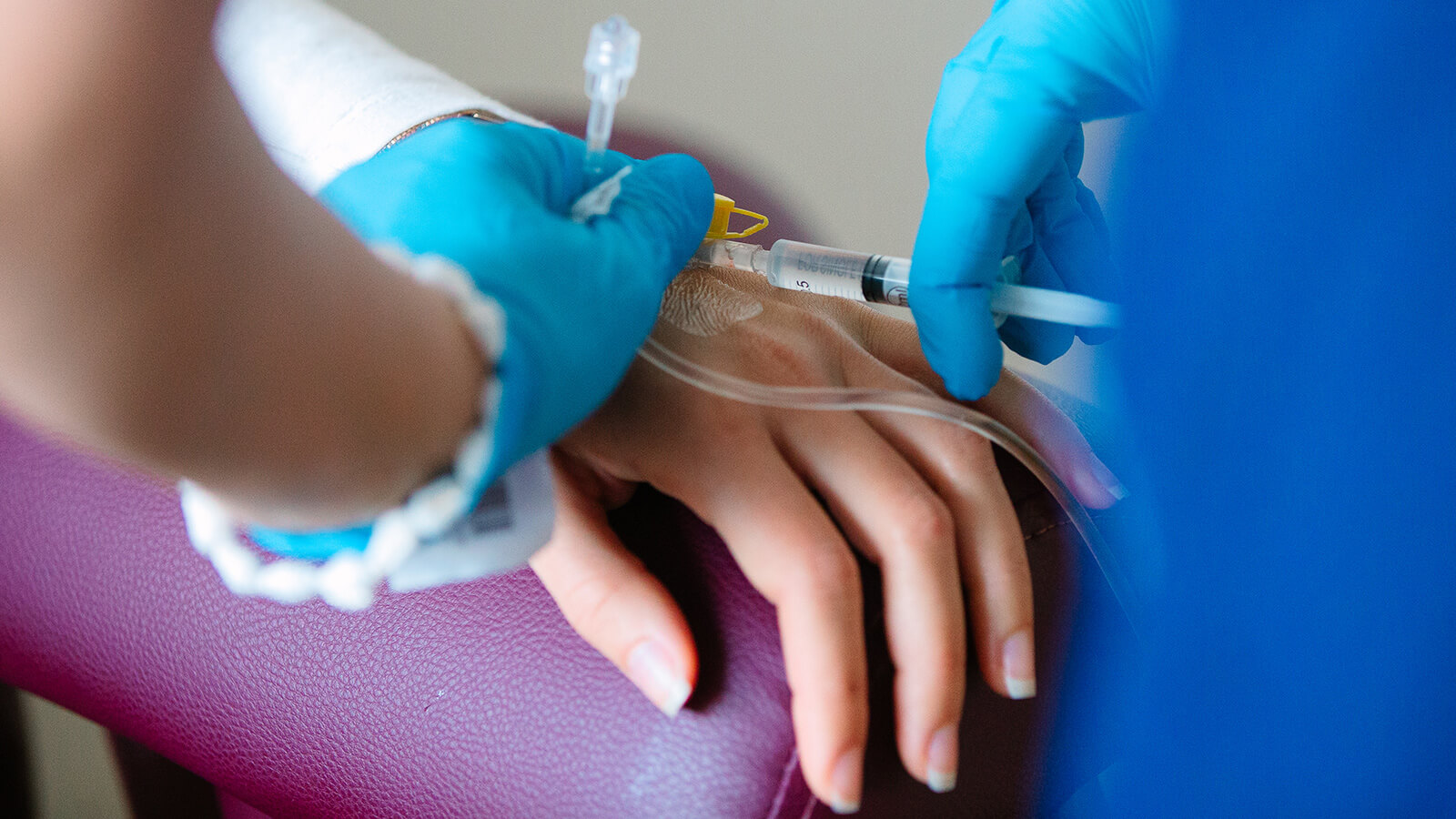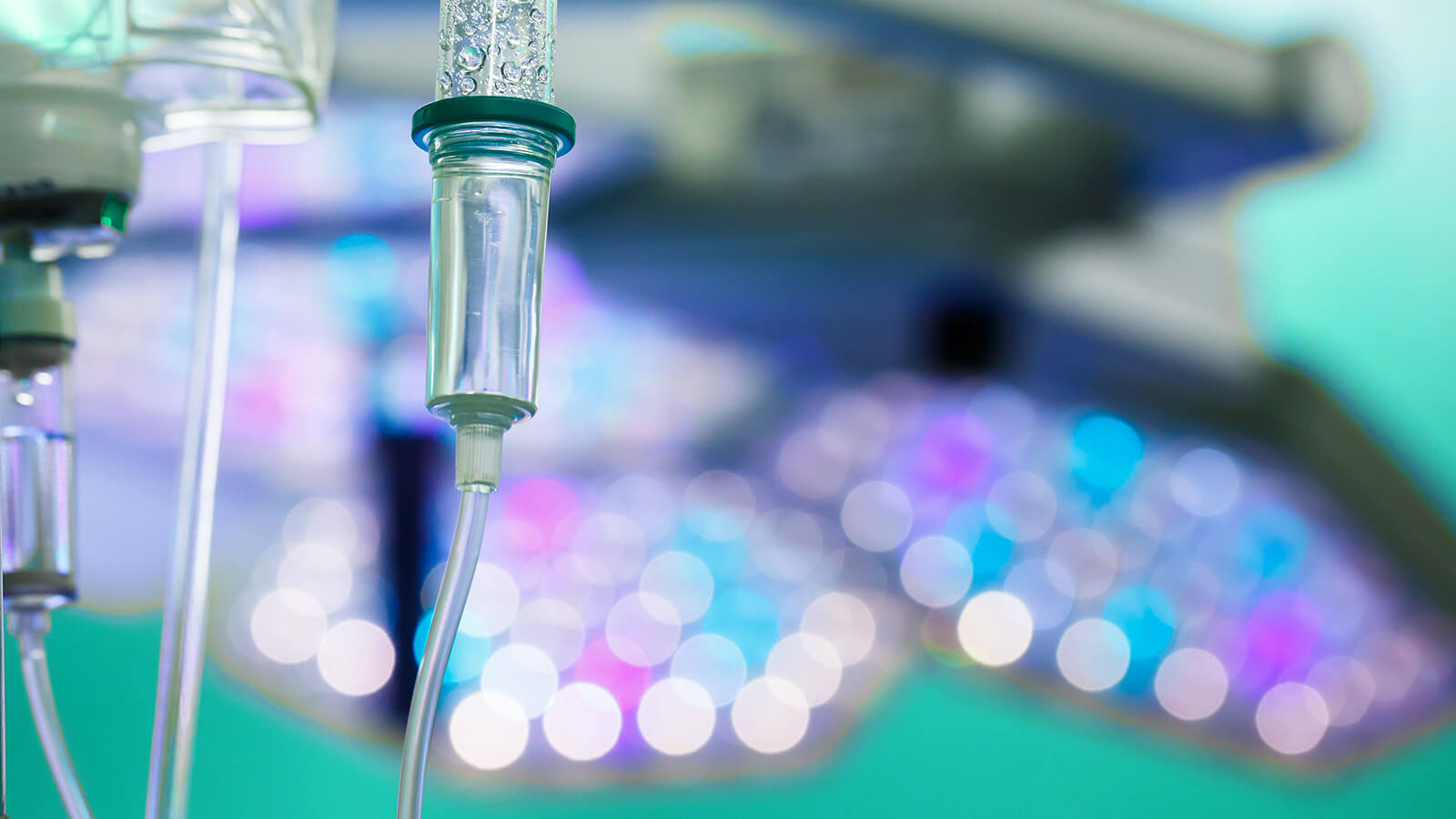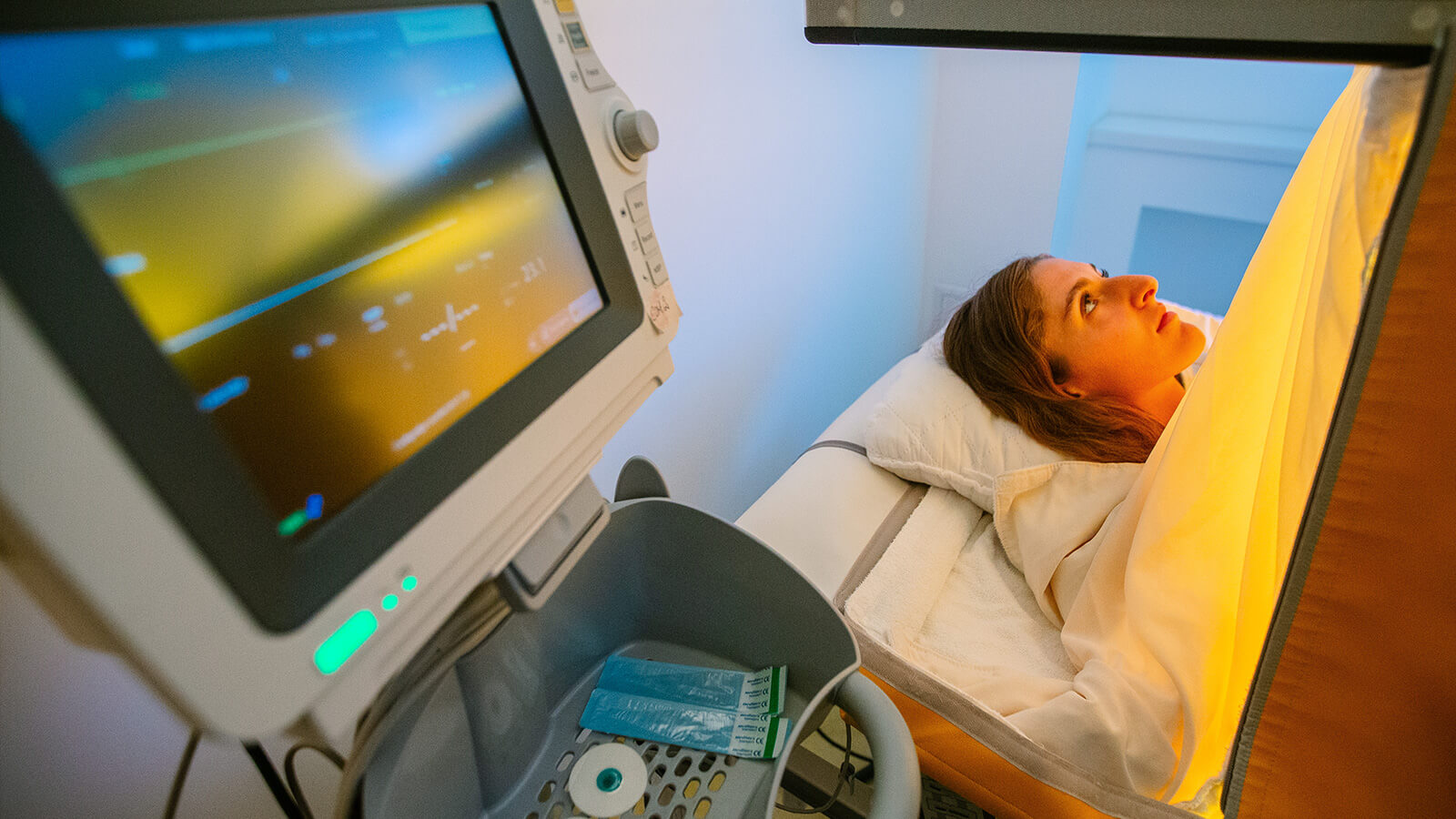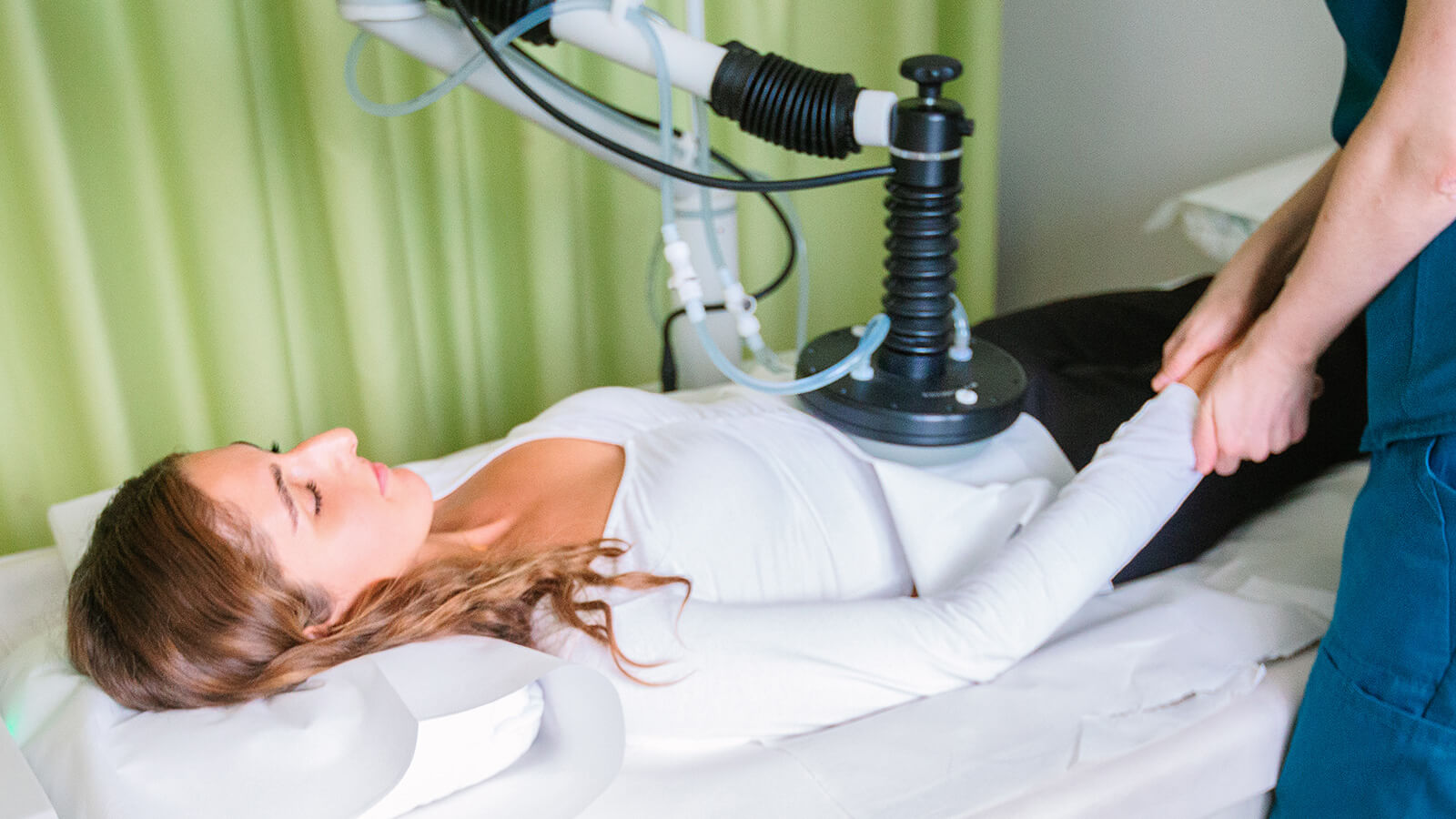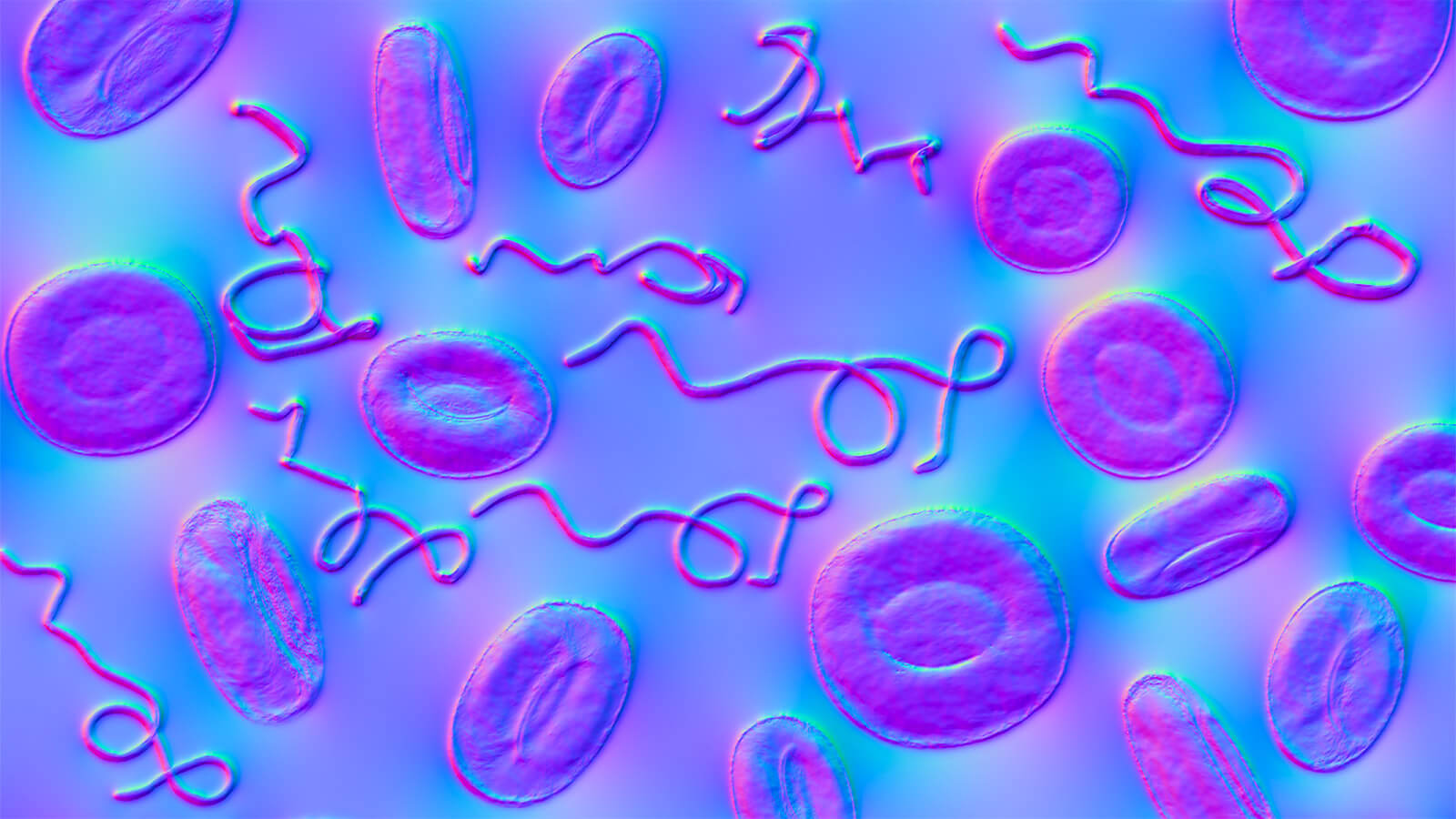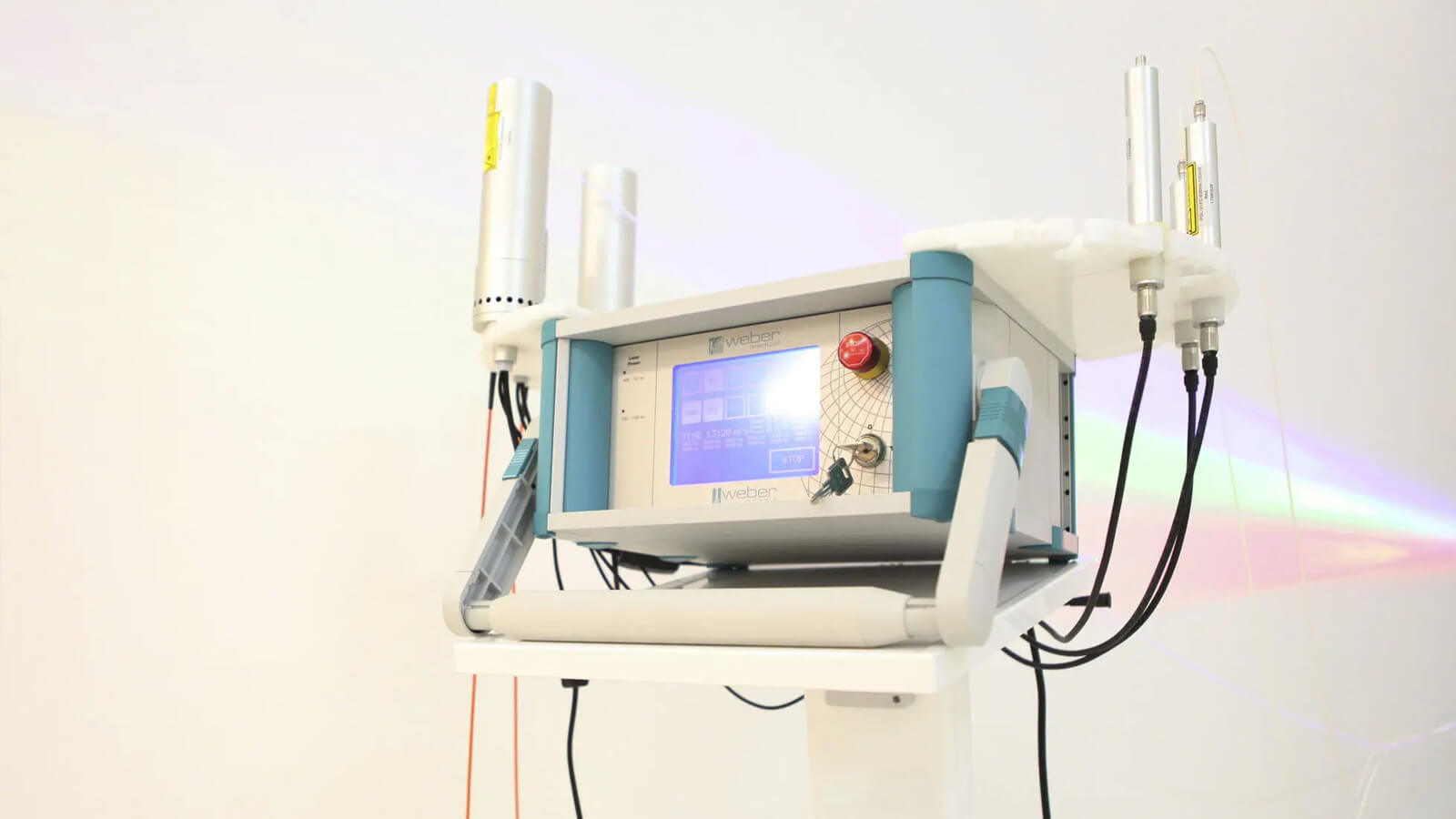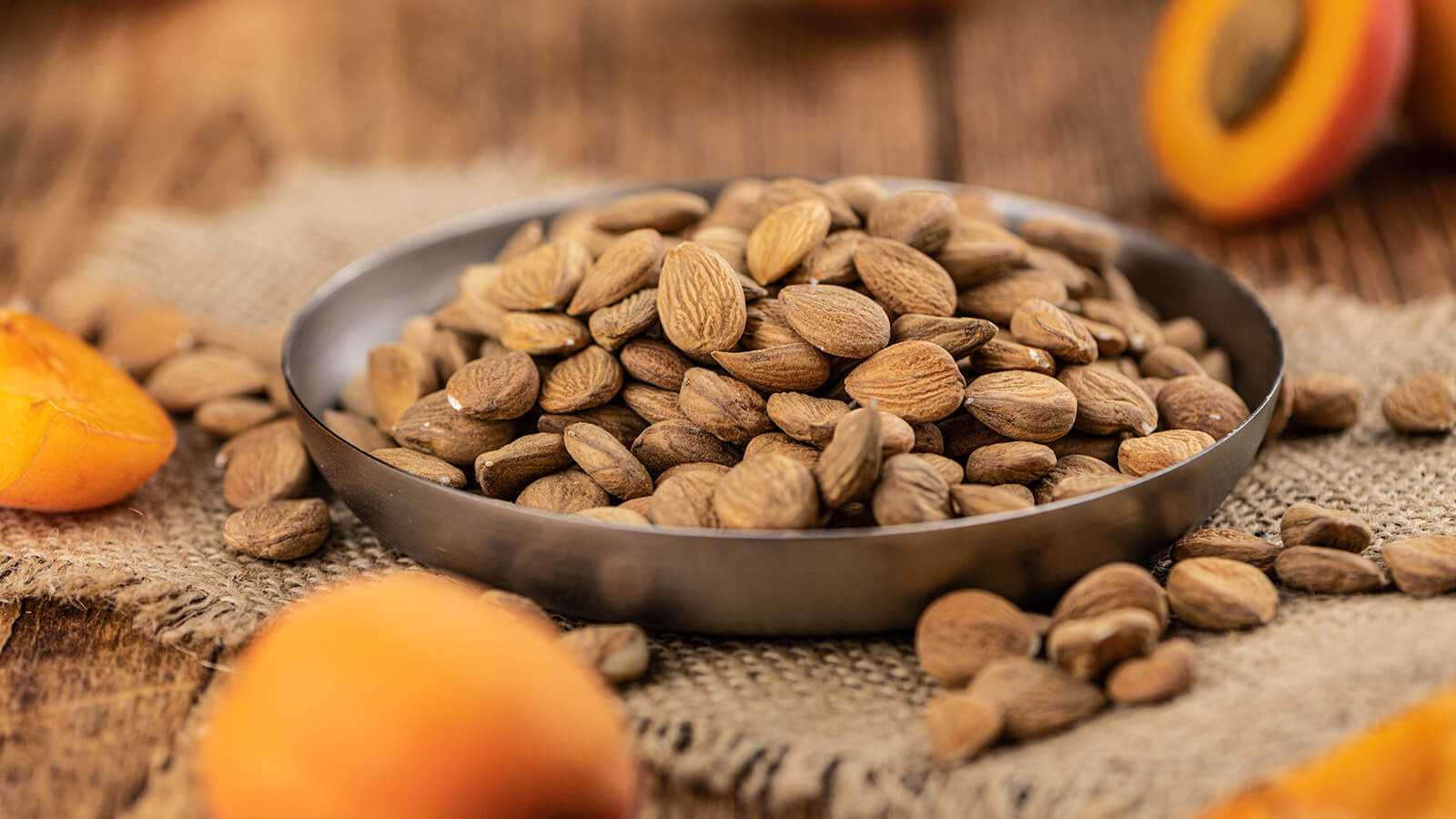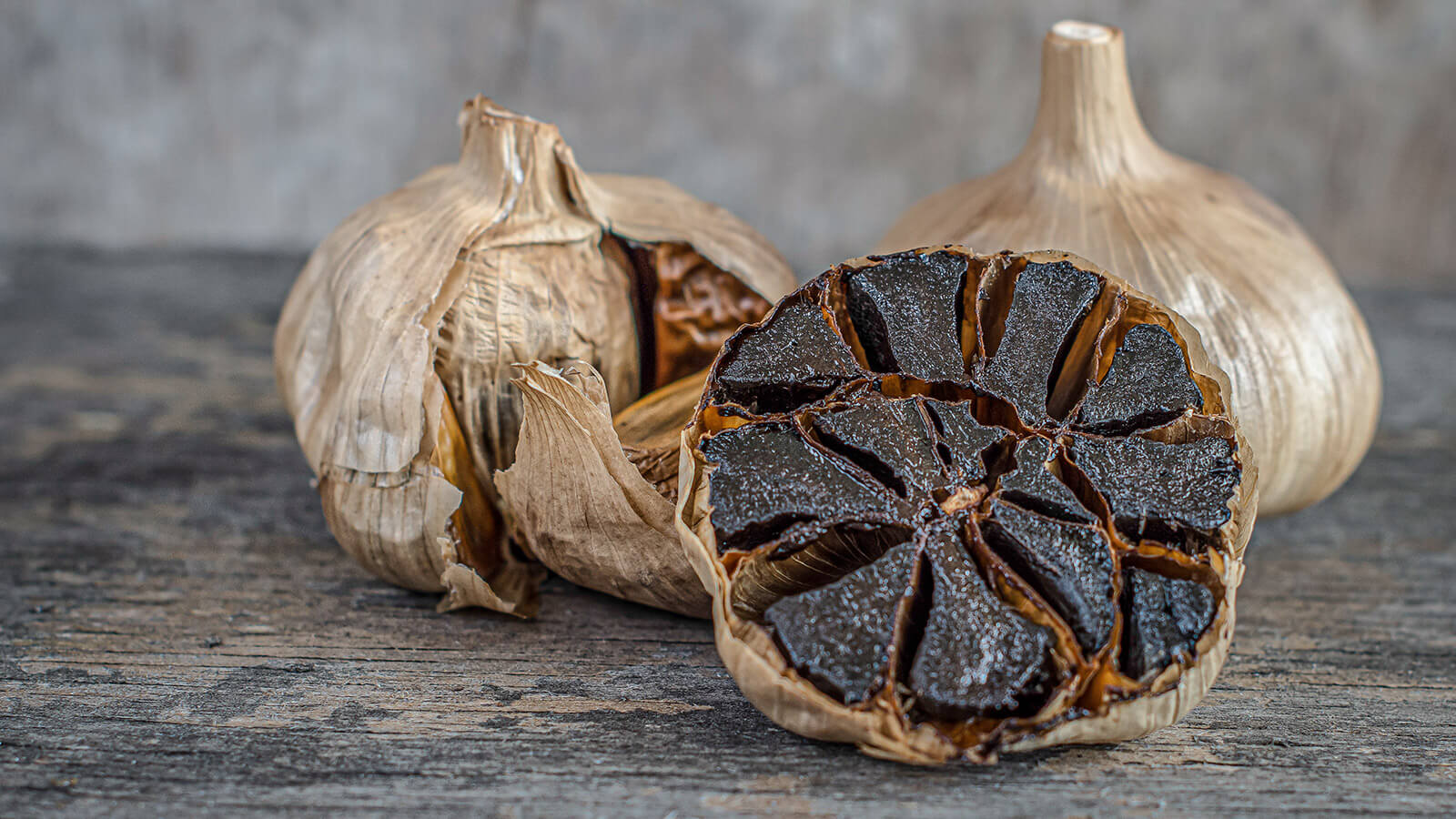
Insulin potentiation chemo-therapy (IPT)
In oncology, insulin potentiation therapy (IPT) is a treatment that can be used in conjunction with conventional chemotherapy. IPT chemotherapy, on the other hand, uses less cytostatic since the tumor cell absorbs the cytostatic more effectively.
This therapy is especially recommended for people whose immune or biological status prevents them from receiving conventional chemotherapy at its highest permissible doses.
The benefit is that by minimizing the side effects, more frequent administration of the medication can be done without harming healthy cells.
The fundamental
mechanism behind
this strategy
Revolves around insulin's capacity to permeabilize cell membranes, allowing for the absorption of nutrients required to feed the cell Low amounts of insulin produced by the pancreas are associated with high levels of glucose in the blood, as cells cannot access it as long as cell membrane channels are closed. Additionally, as cellular absorption of glucose increases in response to high insulin levels, blood glucose levels are lowered.
Studies have nevertheless demonstrated that the permeabilization of cell membranes that occurs after a rise in insulin levels will favor the absorption of nutrients as well as of medications that are already present in the blood. Thus, the idea of using insulin to treat cancer was born.
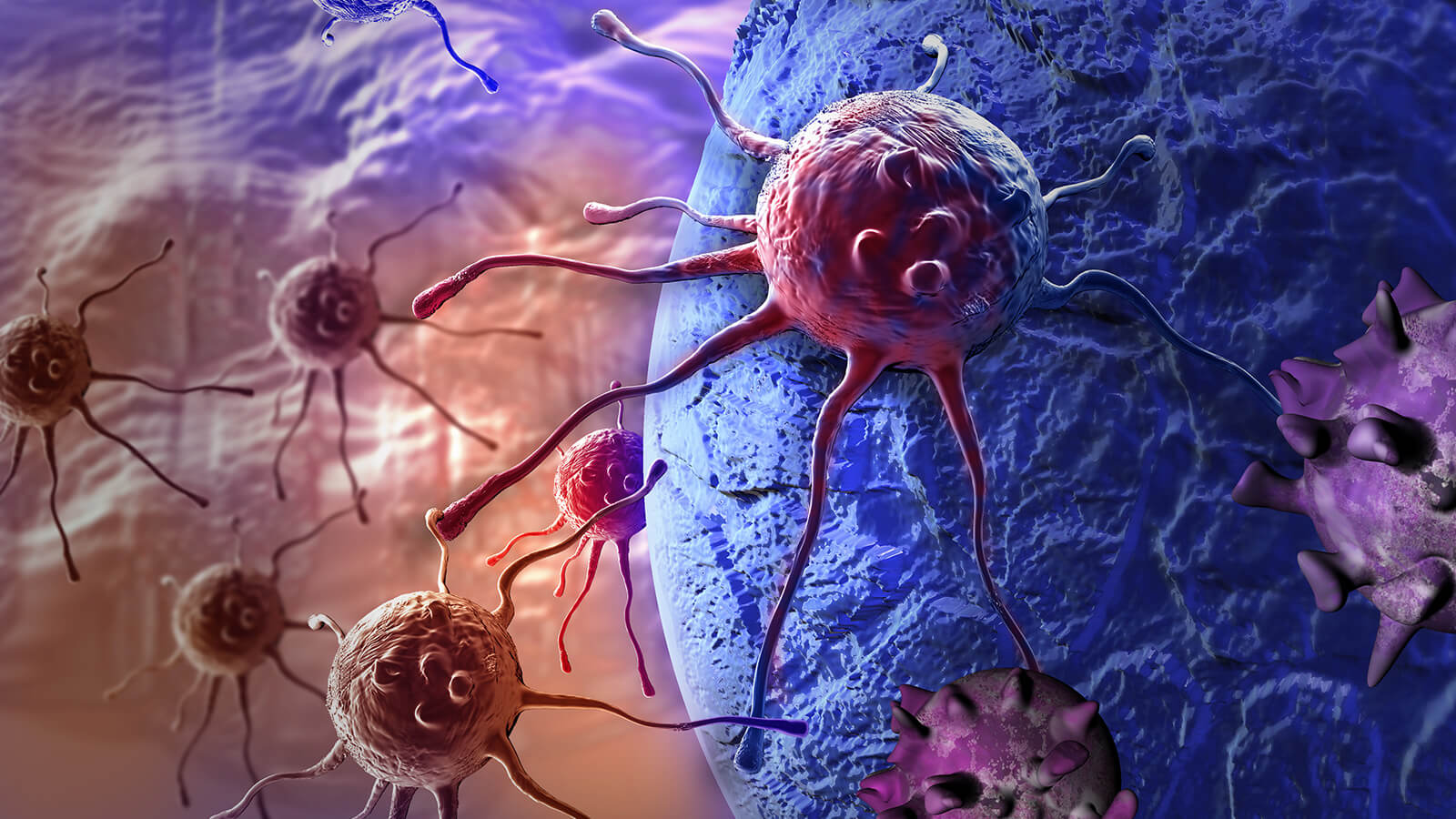
It is well known that a tumor cell requires far more resources than a normal cell to survive and proliferate, which accelerates the cancer's growth.
Depending on the kind of cancer, the tumor cell absorbs up to 20 times more nutrients than the normal cell, and it has 5-15 times more insulin receptors on the cell membrane to do so.
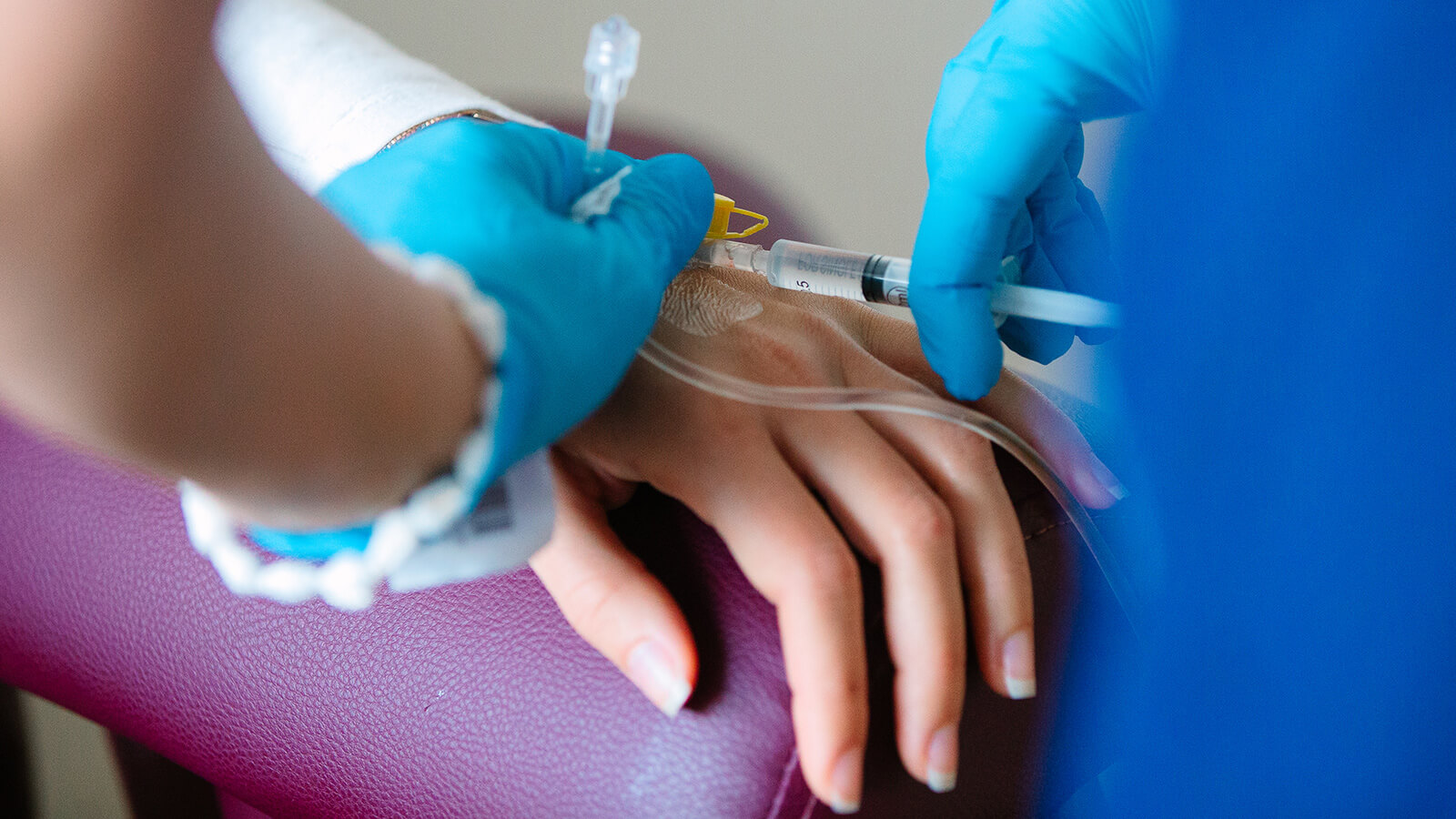
Glucose is a crucial element in cancer tumor survival. Therefore, administering a tiny amount of insulin and lowering blood glucose levels will cause tumor cells to open wide their cell membrane gates.
Tumor cells that are starved but also unable to meet their glucose needs will be more susceptible to the uptake of the cytostatic, which is administered during the window of opportunity when blood glucose is lower.
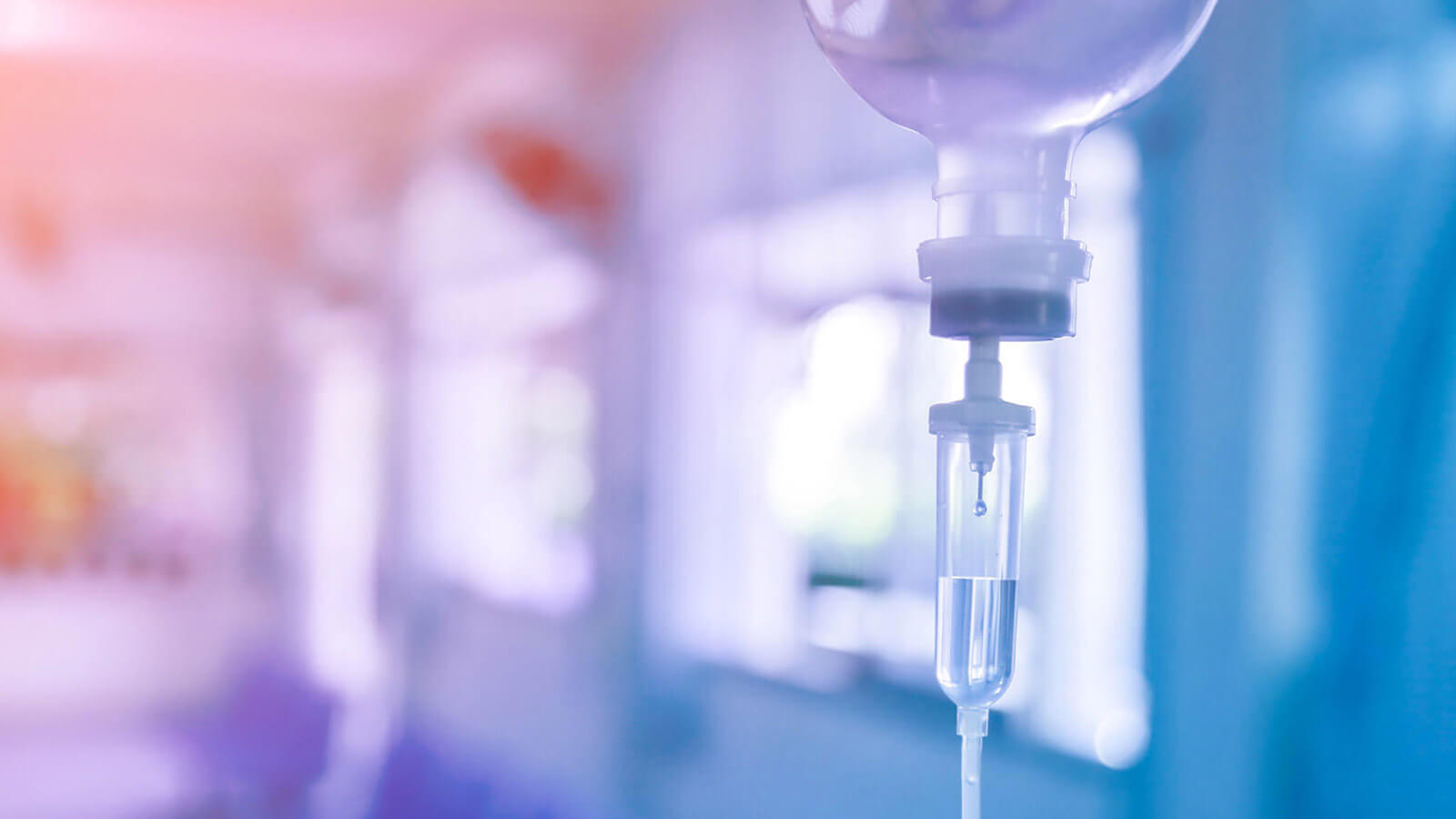
Because a greater amount of cytostatic is absorbed under these conditions, lesser dosages of the treatment can be administered more frequently while still providing the same therapeutic benefits as conventional chemotherapy without hurting the patient's organs or immune system.
The advantage of more frequent dosing is that tumor cells do not have time to regenerate and multiply, allowing the therapy to accomplish its goal more efficiently.
According to research done so far, the following are the mechanisms behind IPT chemotherapy:
Insulin administration increases the cytostatic's ability to be absorbed
The amount taken in is increased 6–15 times more than in a normal cell, in direct proportion to the number of insulin receptors 1. Insulin internalizes a clathrin-mediated endocytosis signal by attaching to the insulin receptor on the cell membrane 2. Endocytosis, on the other hand, is one of the mechanisms of chemotherapeutic cellular uptake 3. As a result, even with a significantly reduced plasma level of cytostatic, more cytostatic will enter the cell.
Administration of insulin enhances tumor cell oxygenation
Studies on the radiotherapy-induced sensitivity of tumors have revealed that insulin considerably raises tumor oxygenation from 0-3 mm Hg to 8-11 mm Hg 4. This mechanism will favor the cytotoxic effect of chemotherapy since cytostatics, like radiotherapy, function significantly better in the presence of oxygen.
The administration of insulin induces the transition of tumor cells from phase G to phase S 5
By increasing their rate of cell proliferation and moving them into phase S, tumor cells become more sensitive to cytostatics, as cytostatics predominantly attack cells in this proliferation phase.
Studies show an amplified effect of chemotherapy when using insulin
Thus, insulin increases the responsiveness of breast cancer cells to 5-fluorouracil and cyclophosphamide 6, vinorelbine, and mafosfamide 7. A clinical research in a group of women with breast cancer who had developed resistance to numerous cytostatics discovered that insulin potentiated methotrexate, which affected the stability of the disease 8. In cases of oesophageal and colon cancer, it improves 5-fluorouracil's cytotoxic effects 9. It enhances the impact of paclitaxel in endometrial cancer by a significant amount 10. It increases the sensitivity of 5-fluorouracil-resistant choriocarcinoma tumor cells 11. When used to treat colon cancer, it improves the cytostatic effects of 5-fluorouracil, oxaliplatin, irinotecan, cyclophosphamide, and docetaxel 12. In squamous esophageal cancer, insulin increases cisplatin-generated apoptosis 13 14.
Bibliography
2. Hall, Catherine, Hongtao Yu, and Eunhee Choi. "Insulin receptor endocytosis in the pathophysiology of insulin resistance." Experimental & molecular medicine 52.6 (2020): 911-920; Hunker, C. M., et al. "Role of Rab5 in insulin receptor-mediated endocytosis and signaling." Archives of biochemistry and biophysics 449.1-2 (2006): 130-142.
4. Jordan, Bénédicte F., et al. "Insulin increases the sensitivity of tumors to irradiation: involvement of an increase in tumor oxygenation mediated by a nitric oxide-dependent decrease of the tumor cells oxygen consumption." Cancer research 62.12 (2002): 3555-3561; Jordan, Bénédicte F., et al. "Preclinical safety and antitumor efficacy of insulin combined with irradiation." Radiotherapy and oncology 81.1 (2006): 112-117.
2. Hall, Catherine, Hongtao Yu, and Eunhee Choi. "Insulin receptor endocytosis in the pathophysiology of insulin resistance." Experimental & molecular medicine 52.6 (2020): 911-920; Hunker, C. M., et al. "Role of Rab5 in insulin receptor-mediated endocytosis and signaling." Archives of biochemistry and biophysics 449.1-2 (2006): 130-142.
3. Muley, Helena, et al. "Drug uptake-based chemoresistance in breast cancer treatment." Biochemical Pharmacology 177 (2020): 113959; Muley, Helena, et al. "Drug uptake-based chemoresistance in breast cancer treatment." Biochemical Pharmacology 177 (2020): 113959.
4. Jordan, Bénédicte F., et al. "Insulin increases the sensitivity of tumors to irradiation: involvement of an increase in tumor oxygenation mediated by a nitric oxide-dependent decrease of the tumor cells oxygen consumption." Cancer research 62.12 (2002): 3555-3561; Jordan, Bénédicte F., et al. "Preclinical safety and antitumor efficacy of insulin combined with irradiation." Radiotherapy and oncology 81.1 (2006): 112-117.
5. Gross, Gary E., David H. Boldt, and C. Kent Osborne. "Perturbation by insulin of human breast cancer cell cycle kinetics." Cancer research 44.8 (1984): 3570-3575; Sha, Huilan, et al. "Insulin in endometrial carcinoma chemotherapy: A beneficial addition and not a problem." Journal of Huazhong University of Science and Technology [Medical Sciences] 30.5 (2010): 631-637.
6. Agrawal, Siddarth, et al. "Insulin-induced enhancement of MCF-7 breast cancer cell response to 5-fluorouracil and cyclophosphamide." Tumor Biology 39.6 (2017): 1010428317702901.
8. Lasalvia-Prisco, Eduardo, et al. "Insulin-induced enhancement of antitumoral response to methotrexate in breast cancer patients." Cancer chemotherapy and pharmacology 53.3 (2004): 220-224.
9. Zou, Ke, Ji‐hang JU, and Hong Xie. "Pretreatment with insulin enhances anticancer functions of 5‐fluorou‐racil in human esophageal and colonic cancer cells." Acta pharmacologica sinica 28.5 (2007): 721-730.
10. Sha, Huilan, et al. "Insulin in endometrial carcinoma chemotherapy: A beneficial addition and not a problem." Journal of Huazhong University of Science and Technology [Medical Sciences] 30.5 (2010): 631-637.
11. Shan, Ying, et al. "Insulin reverses choriocarcinoma 5-fluorouracil resistance." Bioengineered 12.1 (2021): 2087-2094.
12. Agrawal, Siddarth, et al. "Insulin enhancement of the antitumor activity of chemotherapeutic agents in colorectal cancer is linked with downregulating PIK3CA and GRB2." Scientific reports 9.1 (2019): 1-14.
13. Yang, Yang, et al. "Insulin enhances apoptosis induced by cisplatin in human esophageal squamous cell carcinoma EC9706 cells related to inhibition of autophagy." Chinese Medical Journal 127.02 (2014): 353-358.
14. Damyanov, Christo, et al. "Low-dose chemotherapy with insulin (insulin potentiation therapy) in combination with hormone therapy for treatment of castration-resistant prostate cancer." International Scholarly Research Notices 2012 (2012).
The therapeutic solutions we provide
Comprise a wide range of conventional, adjuvant and supportive therapies, which integrate medical concepts that have been built on a sturdy scientific basis and on the clinical experience of numerous cancer specialists worldwide.
ImunoMedica patients have access to the latest diagnostic tools, technologies and innovations as well as to the latest and best treatments available, as soon as these are proven to be safe and effective.
How can you become a patient of our clinic?
Throughout the whole process, from your initial contact, through treatment and after you leave our clinic, our patient coordinators will guide you through the steps and support you with all their expertise, attention and kindness.
*
We are here to help you
Our patient coordinator will contact you soon
Phone: +40.771.518.946, e-mail: office@imuno-medica.ro

